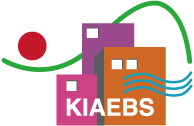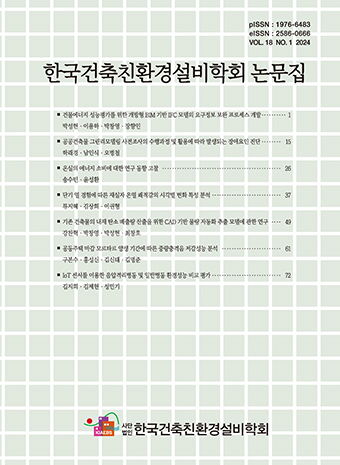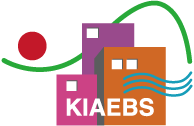Research Article
Abstract
References
Information
- Publisher :Korean Institute of Architectural Sustainable Environment and Building Systems
- Publisher(Ko) :한국건축친환경설비학회
- Journal Title :Journal of Korean Institute of Architectural Sustainable Environment and Building Systems
- Journal Title(Ko) :한국건축친환경설비학회논문집
- Volume : 13
- No :6
- Pages :456-472
- Received Date : 2019-09-23
- Revised Date : 2019-12-18
- Accepted Date : 2019-12-24
- DOI :https://doi.org/10.22696/jkiaebs.20190039




 Journal of Korean Institute of Architectural Sustainable Environment and Building Systems
Journal of Korean Institute of Architectural Sustainable Environment and Building Systems








